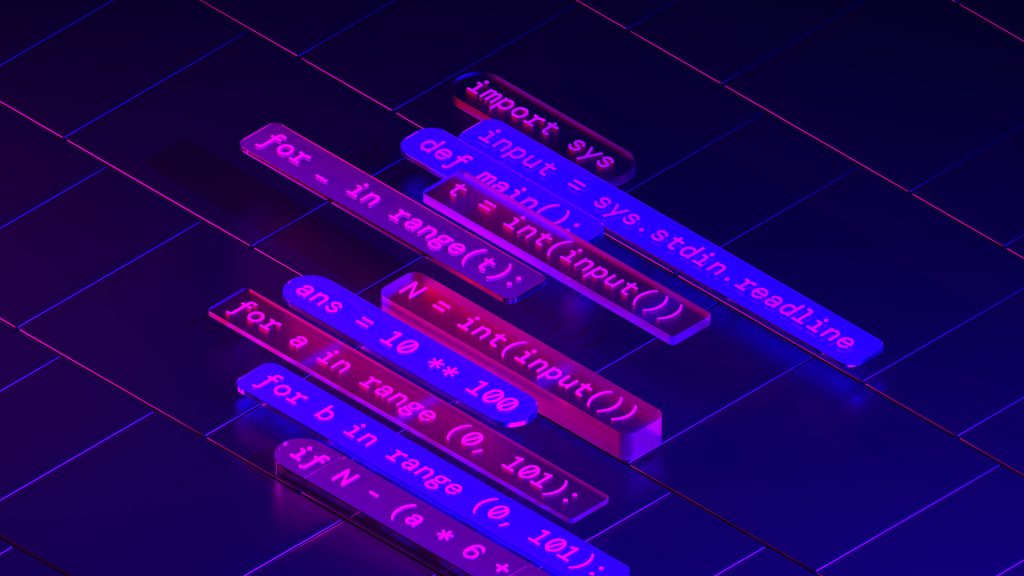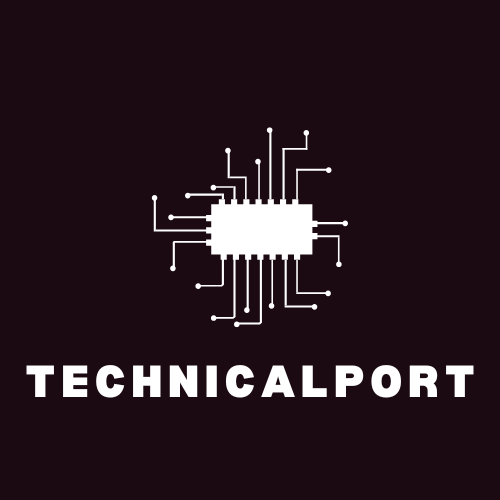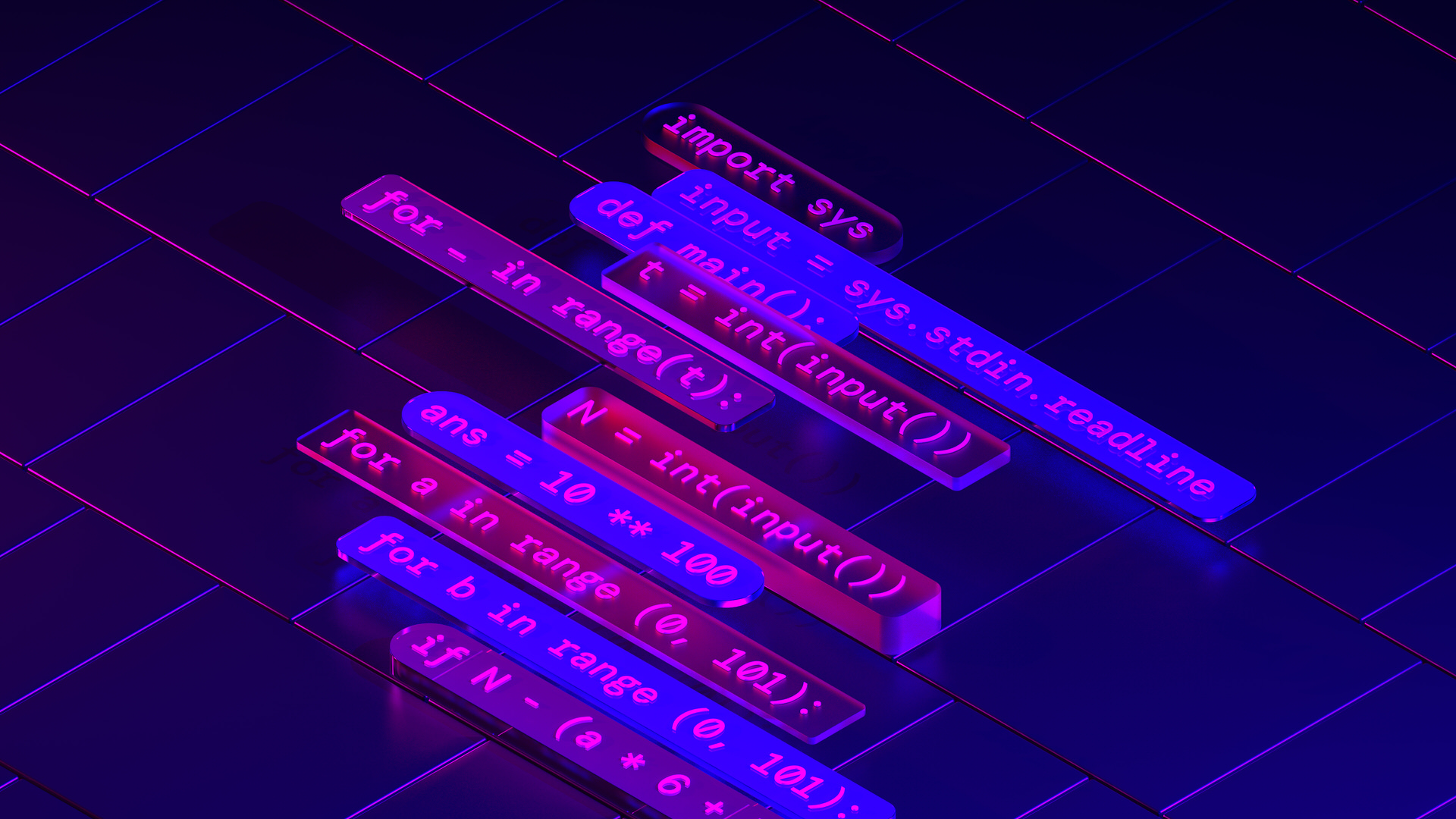
What is AlphaCode
AlphaCode is a computer program developed by DeepMind to play the board game Go. It made history in 2016 by becoming the first computer program to defeat a professional human player at the game. AlphaCode uses a combination of machine learning and advanced search algorithms to play Go at a high level.
The program was developed using deep neural networks, which are a type of machine learning algorithm that is inspired by the structure of the human brain. AlphaCode’s success has helped to advance the field of artificial intelligence and has opened up new possibilities for the use of machine learning in other areas as well like Quantum Computing.
Competitive programming with AlphaCode
Alphacode tell us about Creating solutions to unforeseen problems is second nature in human intelligence in their article and research paper as given below:-
Human intelligence, which is the outcome of critical thinking influenced by experience, has the natural ability to come up with answers to new issues. The machine learning community has made enormous strides in producing and comprehending textual data, but breakthroughs in problem solving are still confined to tackling relatively straightforward arithmetic and programming issues, or else finding and replicating preexisting answers.
We developed a system called AlphaCode that creates computer programmes at a competitive level as part of DeepMind’s effort to address the intelligence problem. By resolving novel challenges that call for the use of a variety of skills, including logical reasoning, coding, algorithms, and natural language comprehension, It was able to place itself among the top 54% of competitors in programming contests.
Our study, which was featured on the Science cover, describes AlphaCode, which generates code at a previously unheard-of scale using transformer-based language models and then carefully selects a few of promising applications.
We used contests held on Codeforces, a well-known site that frequently holds contests that draw tens of thousands of players from all over the world who come to test their coding talents. Ten recent games that were each fresher than our training data were chosen for examination. AlphaCode finished at almost the same level as the median competitor, becoming the first AI code generation system to execute at a level that is competitive in programming contests.
Our dataset of competitive programming problems and solutions, which includes extensive tests to ensure the programmes that pass these tests are correct — a crucial feature current datasets lack — has been made available on GitHub so that others can build on our findings. We anticipate that this benchmark will inspire more advancements in code creation and issue solutions.

The problem is from Codeforces, and the solution was generated by our deepmind system.
Thousands of programmers compete in coding contests to gain experience and demonstrate their abilities in friendly, team-oriented settings. Competitive programming is a well-liked yet difficult pastime. Participants in contests are given a number of detailed issue descriptions and a limited amount of time to create programmes to solve them.
Finding methods to situate roads and structures inside specific boundaries or coming up with winning tactics for unique board games are examples of such issues. After that, participants are ranked mostly according to how many problems they resolve. These contests are used by businesses as recruitment tools, and hiring procedures for software engineers sometimes involve issues of a similar nature.
The level of problem-solving skills necessary to succeed in these events is higher than what is currently possible with AI systems. However, we have significantly increased the number of issues we can handle by combining recent developments in large-scale transformer models (which have lately demonstrated promising ability to produce code) with large-scale sampling and filtering. Our model is pre-trained on a subset of public GitHub code, and it is then refined using our sparse dataset of competitive programming.
We generate orders of magnitude more C++ and Python programmes for each challenge at evaluation time than in earlier studies. After that, we narrow down the solutions to a small group of 10 candidate programmes before clustering and reranking them for external evaluation.
This automated approach replaces the trial-and-error method used by rivals to debug, compile, pass tests, and ultimately submit.

With Codeforces’ consent, we used simulations of participation in 10 current competitions to assess AlphaCode. Due to the outstanding effort of the competitive programming community, there is now a field where it is impossible to solve issues quickly by copying already existing answers or by attempting every method that could be relevant. Instead, our model must produce original and intriguing answers.
Overall, AlphaCode performed about on par with the middle opponent. This discovery reflects a significant improvement in AI’s capacity to solve problems, even if it is still distant from winning competitions. We anticipate that the competitive programming community will be motivated by our findings.

Future Scope
Our artificial intelligence systems must be able to learn how to solve problems if they are to benefit humans. In real-world programming contests, Alpha placed in the top 54%, which is a development that shows the potential of deep learning models for critical-thinking tasks. These models gracefully revert to the symbolic reasoning origins of AI from decades ago by using contemporary machine learning to represent answers to problems as code. And this is only the beginning.
Our investigation into code generation reveals that there is much opportunity for advancement and raises the prospect of even more innovative concepts that can increase programmers’ output and broaden the field to non-programmers. We will continue our investigation in the hopes that more study may produce tools to improve programming and advance our progress toward an AI that can solve problems.

